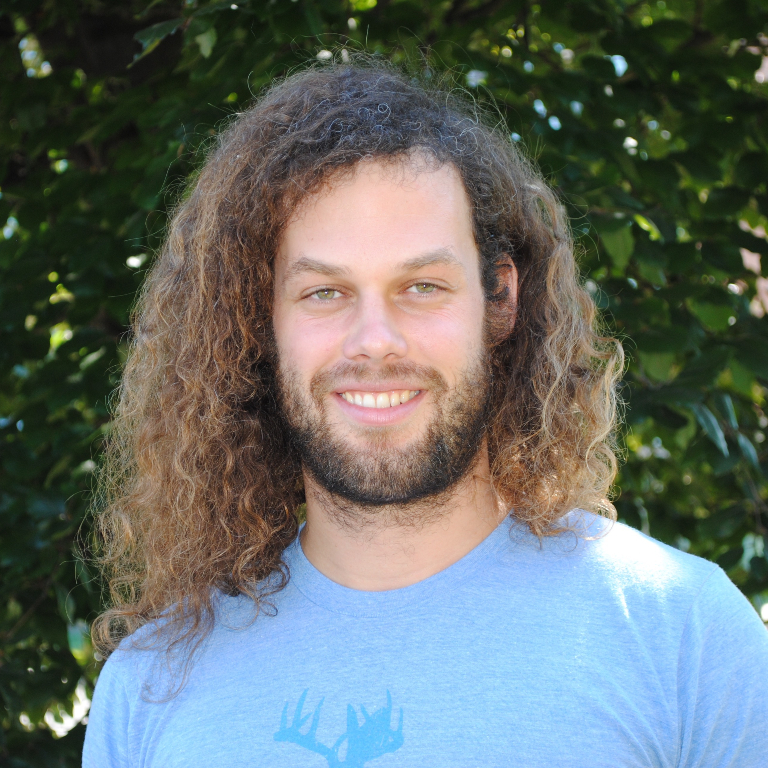Life as an outdoor educator might seem like it’s all fun and games — romping around outside, playing games, looking at bugs — until it comes to talking to 9-year-olds about climate change.
“They want to talk about it, but it can be hard sometimes,” Ian Schooley said with a laugh. He spent four years teaching visiting fourth and fifth graders at the Pacific Science Center’s Mercer Slough Environmental Education Center about the wetland ecosystems just outside of Seattle. Wetlands are a unique habitat that filters water, sucks up carbon dioxide, and protects our coasts — but the triple threat of sea-level rise, pollution, and development is putting them at risk.
The subject of climate change is “nearly impossible to avoid when you’re talking about ecosystems and the environment,” said Schooley, who now works with the center’s teen interns. So he helped the center come up with games and activities to broach the topic with young visitors.
The curriculum they developed explains the basic principles behind climate change but focuses on hopeful messages and how we’re connected with nature. Younger students in particular can find the scientific concepts confusing, so Schooley often redirects them to something more concrete, saying things like “Hey, let’s go pick up some litter.” Actions like this can help kids understand their responsibility to the natural world and teach them how they can make a difference, he said.
Recent research by Nathan Geiger, a professor of climate change communication at Indiana University Bloomington, suggests that Schooley may be onto something. A few years ago, Geiger and his collaborators noticed that science educators working at zoos, aquariums, national parks, and science centers found it difficult to talk about climate change. (The problem isn’t limited to educators: Some 63 percent of Americans say that they “rarely” or “never” talk about climate change, according to research from the Yale Center for Climate Change Communication.)



